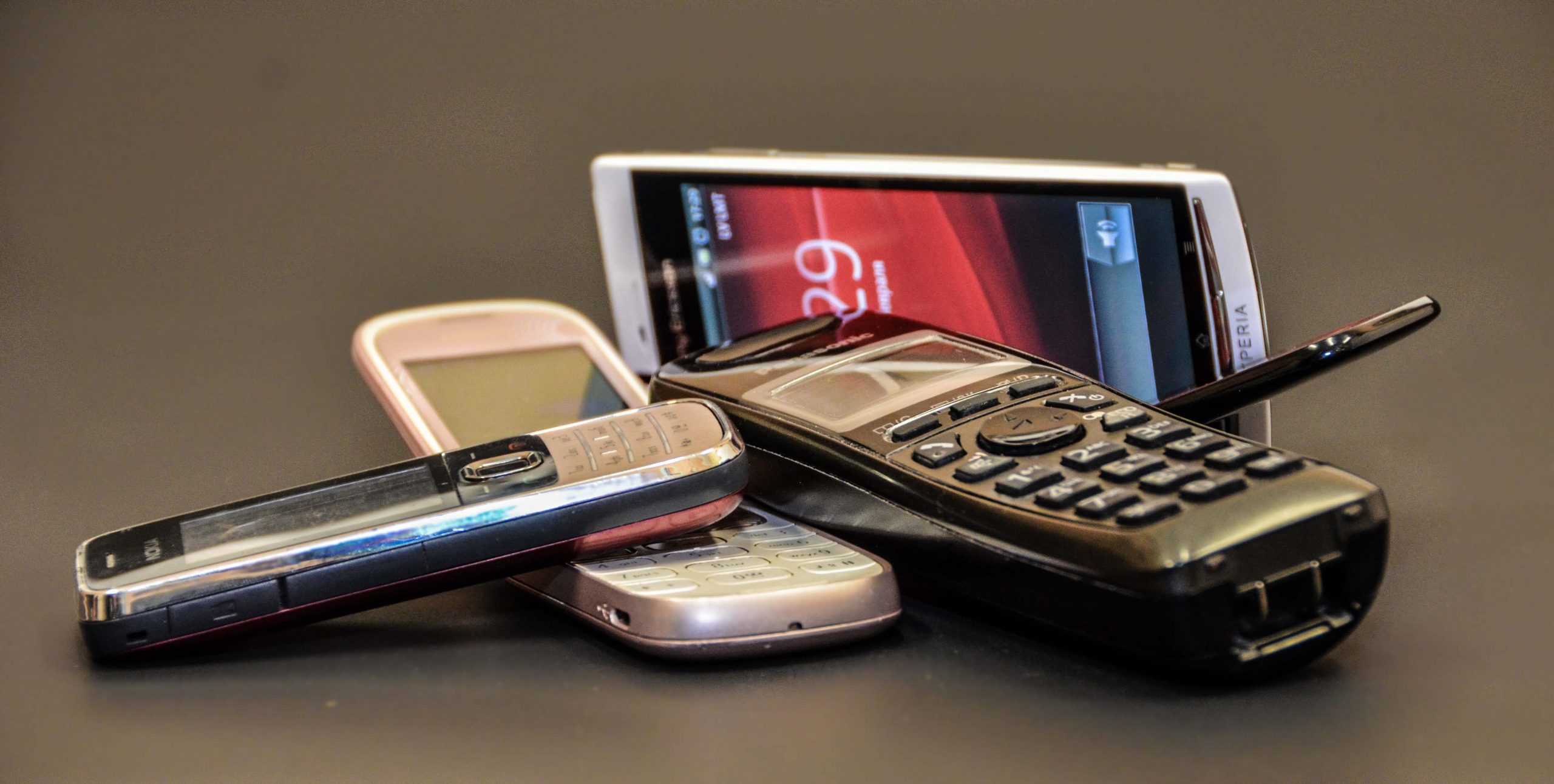
Updated to include more information from Ooredoo and Snopes.com
As the number of complaints from Qatar residents about phone scams increases, the nation’s telecom providers and ministry is advising mobile users to take extra precautions to protect themselves.
This week, an Al Raya article discussed the increasingly common “one-ring scam,” in which mobile users receive a missed call from an unknown international number.
Those who call the unknown number back could lose money and give up valuable personal information, a representative of Qatar’s Ministry of Information and Technology (ictQatar) has warned.
Speaking to Doha News, a ministry representative said that when the missed calls are returned – particularly those with country codes from Latvia, Senegal and Belarus – some $15 to $30 can be charged to the mobile user each minute.
He added that within three seconds, hackers can also gain access to personal bank accounts, statements, photographs, contacts and everything else registered on the user’s mobile phone.
However, according to Snopes.com, a website that debunks common internet rumors and urban legends, simply calling a phone number back won’t expose a mobile user to this type of fraud:
“That sort of information would be compromised only if another party somehow hacked into the user’s phone (via a malicious app or other code) and/or the user actively did something to enable access to it. (In either case, there’s no obvious reason why such a scheme would require the victim to place a call to the information-stealer rather than the other way around.)”
Whose responsibility?
Despite efforts, keeping up with mobile scam developers has been difficult, the ictQatar representative said:
“Although the scams started happening during Ramadan, we’ve been receiving increased complaints from phone users. We are fully aware of the problem and direct each person concerned to our telecom consumer protection department to blacklist scam numbers, but the numbers keep changing through the use of internet applications such as Skype and Facebook.
But we can’t personally do anything about stopping the calls, it must come from service providers.”
The main international numbers to look out for are those beginning with +371, +375 and +221, although others could appear at any time.
Telecom providers Ooredoo and Vodafone said they are also trying to stem the tide, but obviously cannot block all calls with these country codes.
Both companies told Doha News that the best way to avoid getting scammed is to not call back unknown numbers.
A representative at Ooredoo has stated that they are taking the necessary steps needed to put an end to scams:
“Ooredoo is actively working with police services and with overseas operators to trace and report these numbers using the latest scanning technology to identify suspicious multiple calls.
We are also urging customers to report any suspicious numbers by dialing 111, so that we can take immediate action.”
Ooredoo currently offers a mobile application that allows users to block unwanted SMSes only, but has said that their technical team is working on updating the app so unwanted phone calls can be blocked too.
Going on the offensive
For iPhone users, the manufacturer has provided instructions on blocking numbers online here; for Samsung users, the information can be found here; and Nokia users, here.
There are also several free apps that can be downloaded to help, including Truecaller, a four-star app available on Android and iPhones that provides a caller ID function and a number blocking option.
General information on how to protect your mobile phone from receiving spam and scam can be found on ictQATAR’s website here.
Have you been affected by scam calls? Thoughts?







